Skill Article

Can nutrition affect an athlete's skill level ?
Nutrition is vital for athletes' overall well-being and performance, including skill enhancement, recovery, and injury prevention. It affects cognitive function, physical performance, and recovery, ultimately influencing an athlete's skill level. A balanced diet with proper nutrients can help athletes reach their full potential and succeed in their sports.

Can playing multiple sports help in skill development ?
Participation in multiple sports can enhance overall athleticism and skill development by improving physical attributes, reducing injury risk, developing transferable skills, and promoting mental toughness. It also offers social benefits such as expanded networks and increased opportunities for exposure. While specialization has its advantages, playing multiple sports can help athletes become well-rounded competitors.

How important is rest and recovery in skill enhancement ?
The text discusses the importance of rest and recovery in the process of skill enhancement. It highlights the cognitive and physical benefits of taking breaks, such as improved mental clarity, memory consolidation, muscle recovery, and injury prevention. The practical implications include avoiding burnout, enhancing performance, and strategies for incorporating rest into practice schedules. Overall, the text emphasizes that rest is a crucial component of long-term skill development and should be given equal consideration alongside deliberate practice and training regimens.

How can team sports help in individual skill development ?
Team sports contribute significantly to individual skill development by improving communication skills, enhancing leadership abilities, increasing self-confidence, bettering time management, improving social skills, promoting physical fitness and coordination, providing opportunities to learn from mistakes, and fostering adaptability.

How do I choose a tennis training camp that fits my skill level ?
Choosing a tennis training camp that fits your skill level can significantly improve your game. Here are some tips on how to select the right camp: 1. Assess your current skill level by considering your experience, strengths and weaknesses, and fitness level. 2. Research different camps that offer programs specifically designed for your skill level using online directories, social media groups, and reviews from previous attendees. 3. Check the coaches' qualifications and experience, including their credentials, coaching philosophy, and track record of working with players at your skill level. 4. Consider the quality of the camp's facilities and amenities, such as well-maintained courts, access to equipment, and onsite amenities like locker rooms and dining areas. 5. Evaluate the camp's reputation and success rate by reading reviews, asking for referrals, and contacting the camp directly to learn more about their success stories.

Is speed reading a natural ability or a skill that can be learned ?
Speed reading is a topic of interest for many individuals who wish to improve their reading efficiency and comprehension. The question arises whether speed reading is a natural ability that some people possess, or if it is a skill that can be learned and developed through practice and training. While there may be some individuals who possess a natural ability for speed reading, it is generally accepted that speed reading is a skill that can be learned and improved upon through practice and training. By employing specific techniques and strategies, anyone can enhance their reading speed and comprehension, ultimately increasing their productivity and knowledge acquisition.

What skills do young people need to effectively participate in climate action ?
The article discusses the various skills that young people need to develop in order to participate effectively in climate action. These skills include scientific literacy, critical thinking, communication, collaboration, advocacy, practical skills, financial literacy, emotional intelligence, and digital literacy. The article emphasizes that having a blend of these skills will enable young people to contribute meaningfully to efforts aimed at mitigating the effects of climate change.
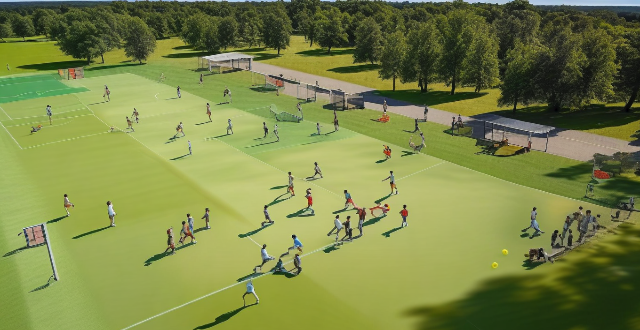
What is the influence of sports on leadership skills development among adolescents ?
This article discusses the influence of sports on leadership skills development among adolescents. It highlights the importance of leadership skills and how sports can contribute to their development through communication, problem-solving, decision-making, teamwork, and self-motivation. The article concludes that sports have a significant impact on the development of essential leadership qualities that are important for success in various aspects of life.

Are there tennis training camps specifically designed for wheelchair users ?
The article discusses the existence and benefits of tennis training camps designed specifically for wheelchair users. It highlights the unique challenges faced by wheelchair users on the tennis court and emphasizes the need for specialized training programs to address these challenges effectively. The article lists national organizations like the United States Tennis Association (USTA) and the International Tennis Federation (ITF) that offer wheelchair tennis programs and promote the sport worldwide. Additionally, it mentions private organizations such as the Wheelchair Tennis Foundation and Wheelchair Sports Camps that provide training camps and clinics for players of all levels. The benefits of these specialized training camps include skill development, accessibility, community building, and competition opportunities. Overall, the article concludes that attending these camps can help wheelchair users improve their tennis skills, compete at a higher level, and enjoy the sport fully.
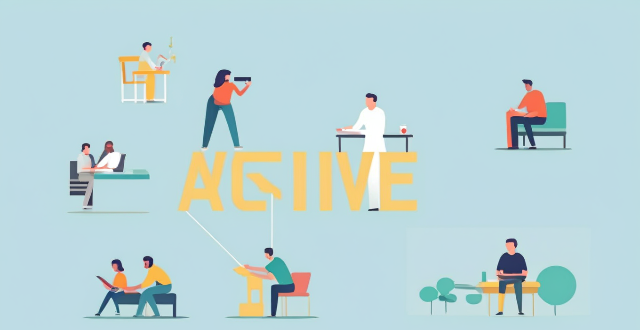
Can extracurricular activities improve academic performance ?
Extracurricular activities can improve academic performance by developing time management skills, increasing motivation and engagement, enhancing social skills and networking, and providing stress relief and mental health benefits.

What is critical thinking training ?
This article provides an in-depth analysis of critical thinking training, explaining what it is and why it's important. It lists several benefits of critical thinking, such as enhanced problem-solving skills, improved decision making, boosted communication abilities, and increased adaptability. The article also offers strategies for developing critical thinking skills, such as asking questions, challenging assumptions, considering multiple perspectives, evaluating evidence, avoiding bias, practicing reflective thinking, learning from mistakes, engaging in dialogue, reading widely, and seeking feedback. Overall, the article emphasizes the importance of critical thinking training for personal and professional development.
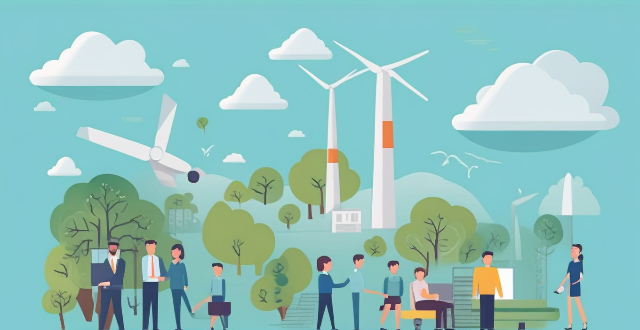
How has the Clean Energy Revolution affected the job market ?
The clean energy revolution has created new job opportunities across various sectors, including solar, wind, geothermal, hydropower, and bioenergy. The industry requires specialized skills in engineering, manufacturing, maintenance, sales, marketing, policy analysis, and advocacy. The clean energy revolution has also transformed existing industries by integrating renewable energy sources into their operations. The shift towards renewable energy sources is expected to continue, requiring individuals to acquire the necessary skills and knowledge to thrive in this rapidly evolving landscape.

Are tennis training camps effective for children and teenagers ?
Tennis training camps can be an effective way for children and teenagers to improve their skills and develop a love for the sport, depending on factors such as quality of instruction, level of commitment, and overall environment. Benefits include skill development, learning new techniques, building confidence, and socializing with other young players.
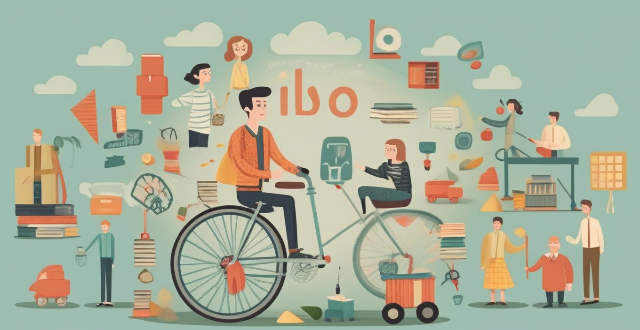
Is there a link between improved comprehension and critical thinking abilities ?
The link between improved comprehension and critical thinking abilities is explored, with a focus on how these skills are interconnected and work together to enhance cognitive abilities. The article suggests that improving one skill can lead to improvements in the other, creating a virtuous cycle of cognitive development. Techniques for improving both skills are also discussed, including reading widely, engaging in debates, and practicing active listening.
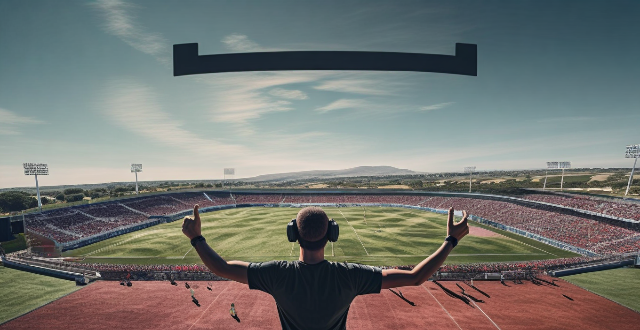
How can virtual reality be used in sports training ?
The article discusses the potential applications of virtual reality (VR) in sports training, including mental rehearsal, skill development, physical training, and team building. VR can simulate game scenarios, provide immediate feedback on technique, create realistic environments for practicing skills, and facilitate collaborative training. It also offers a distraction-free environment for injury recovery and an engaging workout experience. The technology is expected to play an increasingly important role in enhancing athletic performance across various sports.

How can I improve my teaching skills as a fitness instructor ?
This article provides tips on how to improve teaching skills as a fitness instructor. It suggests developing knowledge of fitness and exercise science, enhancing communication skills, creating engaging workouts, and continuously evaluating and improving teaching methods. The article emphasizes the importance of staying up-to-date with current research and best practices, practicing active listening and empathy, designing well-rounded fitness programs, fostering a supportive community within classes, seeking feedback from clients, and reflecting on one's own performance. By following these tips, fitness instructors can provide higher quality service to their clients and achieve better client outcomes.
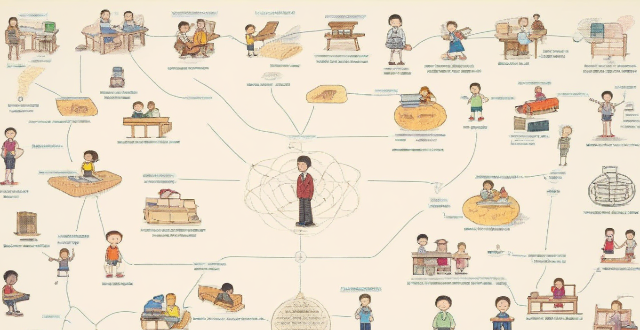
What role should interscholastic competition play in the educational experience ?
Interscholastic competition, including school sports and academic contests, is crucial for students' physical fitness, intellectual growth, and life skills development. It promotes health, skill development, academic achievement, critical thinking, teamwork, leadership, and resilience. Participating in these activities helps students develop transferable skills that are beneficial in various professions and life situations. Schools should continue supporting interscholastic competition as an essential part of the educational experience.

How does sports participation influence self-esteem in children ?
Sports participation has a positive impact on children's self-esteem by increasing physical fitness, developing skills and mastery, promoting social interaction and teamwork, and encouraging goal setting and achievement.

What role does waste reduction play in sustainable development ?
The article discusses the importance of waste reduction in sustainable development. It highlights the environmental, economic, and social benefits of waste reduction, including conservation of natural resources, protection of ecosystems, climate change mitigation, cost savings, job creation, innovation and efficiency, public health, education and awareness, and community engagement. The article emphasizes that waste reduction is an essential component of sustainable development and encourages individuals, businesses, and governments to take action to reduce waste.
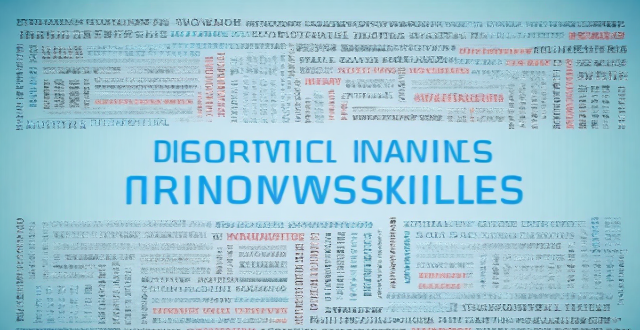
What role does critical thinking play in building a knowledge framework ?
This text discusses the importance of critical thinking skills in building a knowledge framework. It outlines four key aspects of critical thinking: identifying assumptions, evaluating evidence, analyzing arguments, and making informed decisions. By applying these skills, individuals can develop a nuanced understanding of complex issues and make well-reasoned decisions based on sound reasoning and evidence. The article emphasizes the crucial role of critical thinking in personal growth and success in various domains.

What is the impact of sports programs on the leadership development of students ?
Sports programs in educational institutions have a profound impact on the leadership development of students. These programs provide opportunities for students to develop essential leadership skills such as teamwork, communication, decision-making, and problem-solving. In this article, we will discuss the various ways in which sports programs contribute to the leadership development of students. One of the most significant benefits of participating in sports programs is the opportunity to work with others towards a common goal. This experience teaches students how to collaborate effectively, communicate clearly, and support their teammates. These skills are essential for successful leadership, as leaders must be able to work collaboratively with their team members to achieve their objectives. Participating in sports programs also helps students develop strong communication skills. Athletes must be able to communicate effectively with their coaches, teammates, and even opponents during competitions. This experience teaches students how to convey their thoughts and ideas clearly and persuasively, which is an essential skill for leaders. Sports programs also provide opportunities for students to develop decision-making and problem-solving skills. Athletes must make split-second decisions during games and matches, often under pressure. This experience teaches students how to analyze situations quickly and make informed decisions based on the available information. Finally, sports programs teach students how to set goals and work towards achieving them. Athletes must set personal and team goals, create plans to achieve them, and track their progress along the way. This experience teaches students how to set realistic goals, develop strategies to achieve them, and persevere through challenges. In conclusion, sports programs have a significant impact on the leadership development of students. By providing opportunities for teamwork, communication, decision-making, problem-solving, and goal setting, sports programs help students develop essential leadership skills that they can apply in other areas of their lives. As educators and parents, it is our responsibility to encourage our children to participate in sports programs and support their growth as leaders both on and off the field.

Are there any specific exercises or drills for skill improvement in basketball/football/tennis, etc. ?
Topic: Skill Improvement Exercises and Drills in Basketball, Football, and Tennis Basketball: - Dribble the ball with alternating hands and in a figure 8 motion to improve ball handling skills. - Practice shooting free throws and spot shooting to enhance accuracy and consistency. - Work on lateral movement and closeout drills to improve defensive positioning and quickness. Football (Soccer): - Pass the ball against a wall and in a triangle formation to improve passing accuracy and touch. - Practice shooting at targets and receiving passes before shooting to enhance shooting accuracy and speed. - Work on marking and tackling drills to improve defensive skills and technique. Tennis: - Hit crosscourt groundstrokes and alternate forehand and backhand shots to improve accuracy and consistency. - Practice serving to targets and focusing on second serves to enhance serving reliability and placement. - Work on lateral movement and net approach drills to improve court coverage and net play.
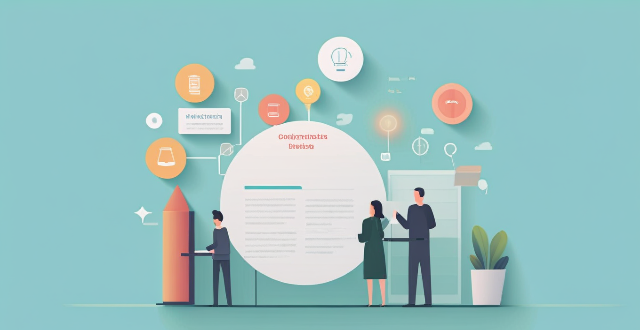
How often should I practice to see improvement in my golf skills ?
Golf improvement requires consistent practice, and the frequencyGolf improvement requires consistent practice, and the frequency your skill level, goals, and the frequency of your sessions depends on your skill level, goals, and availability. Assess your current skill level and set realistic goals to create a practice plan that includes both on-course and off-course activities. Beginners should aim for at least three practice sessions per week, while intermediates can do two to three and advanced players one or two. Make each session count by focusing on specific goals and tracking progress. Consistency is key, so stick to your practice plan and adjust it as needed based on your progress.

Are there any age restrictions for attending a tennis training camp ?
Attending a tennis training camp can have age restrictions based on physical maturity, safety concerns, and skill level. Typically, the minimum age requirement is between 8-10 years old, but some camps may accept younger children with parental supervision or permission. There are usually no maximum age limits, as adult players often attend training camps to improve their skills or prepare for competitions. Attending a tennis training camp can provide numerous benefits, including improved skill level, increased fitness, and networking opportunities.

How can I improve my self-evaluation skills in the workplace ?
Self-evaluation is a crucial skill in the workplace, allowing you to reflect on performance and set goals for improvement. To enhance this skill, set clear SMART goals, track progress, seek feedback, remain objective, reflect on experiences, celebrate successes, identify areas for improvement, and stay open to change. This process should be ongoing, with regular practice leading to greater success over time.

Which celebrity just released a new song or album ?
This article discusses the latest releases from popular artists, including Taylor Swift's folklore-inspired single "Willow", Adele's highly anticipated comeback with her pop ballad "Easy On Me", and BTS's K-Pop album "BE (Deluxe Edition)". The article also encourages readers to discover new music and enjoy the talents of various musicians.

How does lifelong learning impact career development ?
Lifelong learning is a continuous process of acquiring new knowledge and skills that can significantly impact career development. It enhances skills, adaptability, creativity, personal growth, networking opportunities, and career longevity. By engaging in lifelong learning, individuals can stay relevant in their professions, adapt to changing job requirements, and increase their chances of career success.

How do individual versus team sports differ in their impact on child development ?
Individual sports foster self-reliance and technical mastery, while team sports emphasize social skills and emotional intelligence. Both have unique benefits for child development, and the choice should consider the child's personality and desired skill development. A combination of both might provide the most well-rounded experience.
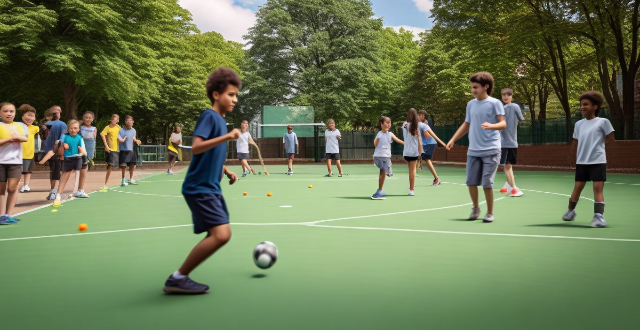
Why is it important for schools to prioritize sports education in their curriculum ?
Sports education is crucial for a student's overall development, promoting physical fitness and life skills. It improves physical health, motor skills, mental well-being, social skills, and academic performance. By prioritizing sports education, schools can create well-rounded individuals prepared for success in all aspects of life.

Is it necessary to have a strong math background to learn programming effectively ?
Is it necessary to have a strong math background to learn programming effectively? Programming is a complex field that involves various skills and knowledge. One of the most common questions asked by beginners is whether having a strong math background is necessary for effective learning of programming. In this article, we will explore this question in detail. Mathematics plays a crucial role in programming, especially in areas such as data analysis, machine learning, and game development. However, it is not absolutely necessary for all types of programming. For example, if you are developing simple web applications or writing scripts to automate tasks, a strong math background may not be required. If you plan to work in fields like data science or game development, then having a good understanding of mathematics can be very beneficial. If you feel that your math skills are lacking, there are several ways to improve them through online courses, reading books, practicing problem solving, and joining study groups. With dedication and effort, anyone can improve their math skills and become an effective programmer.